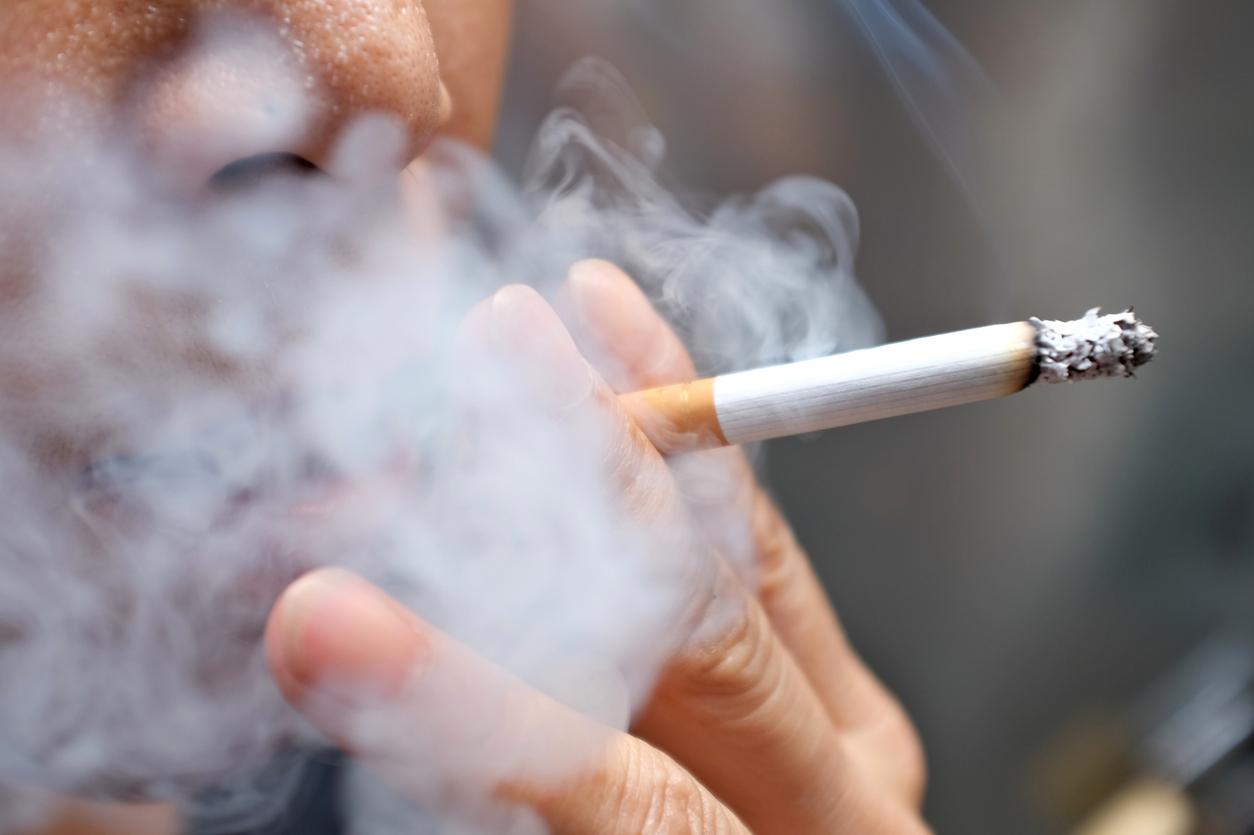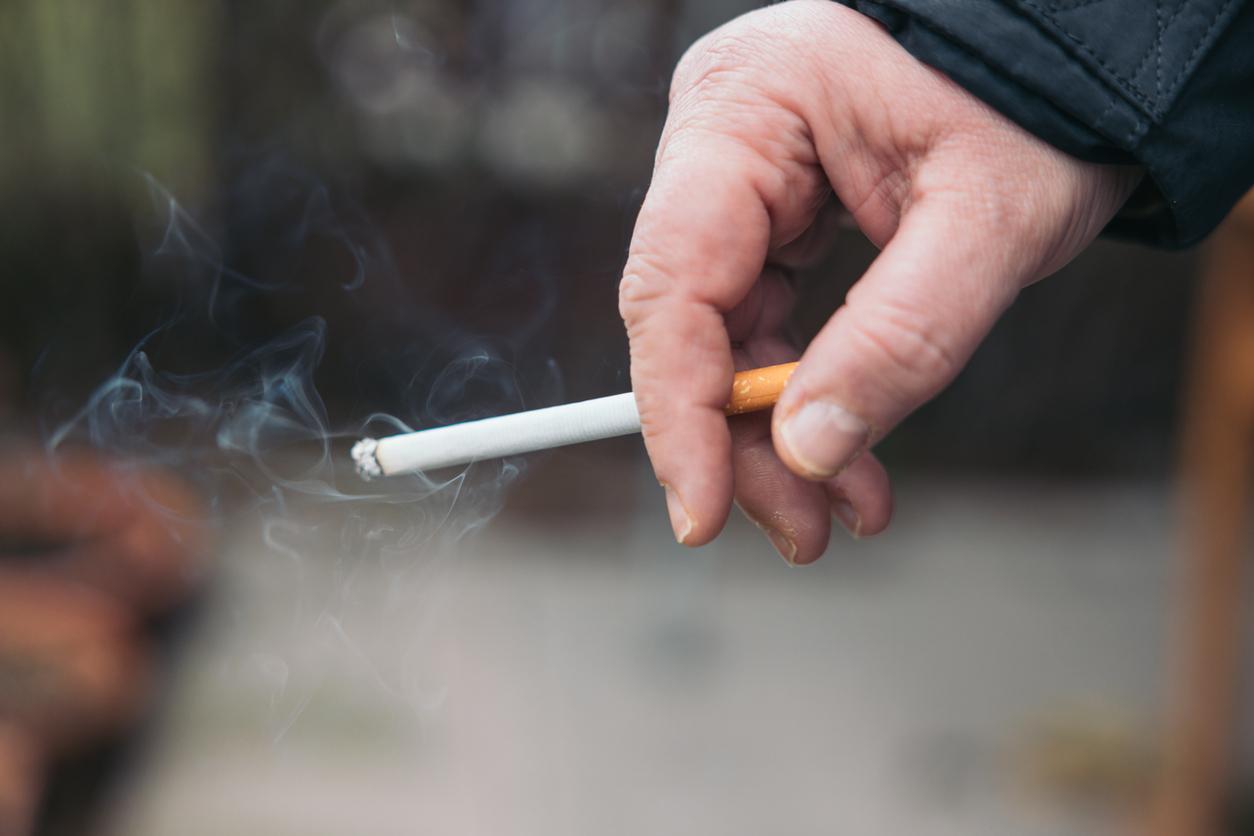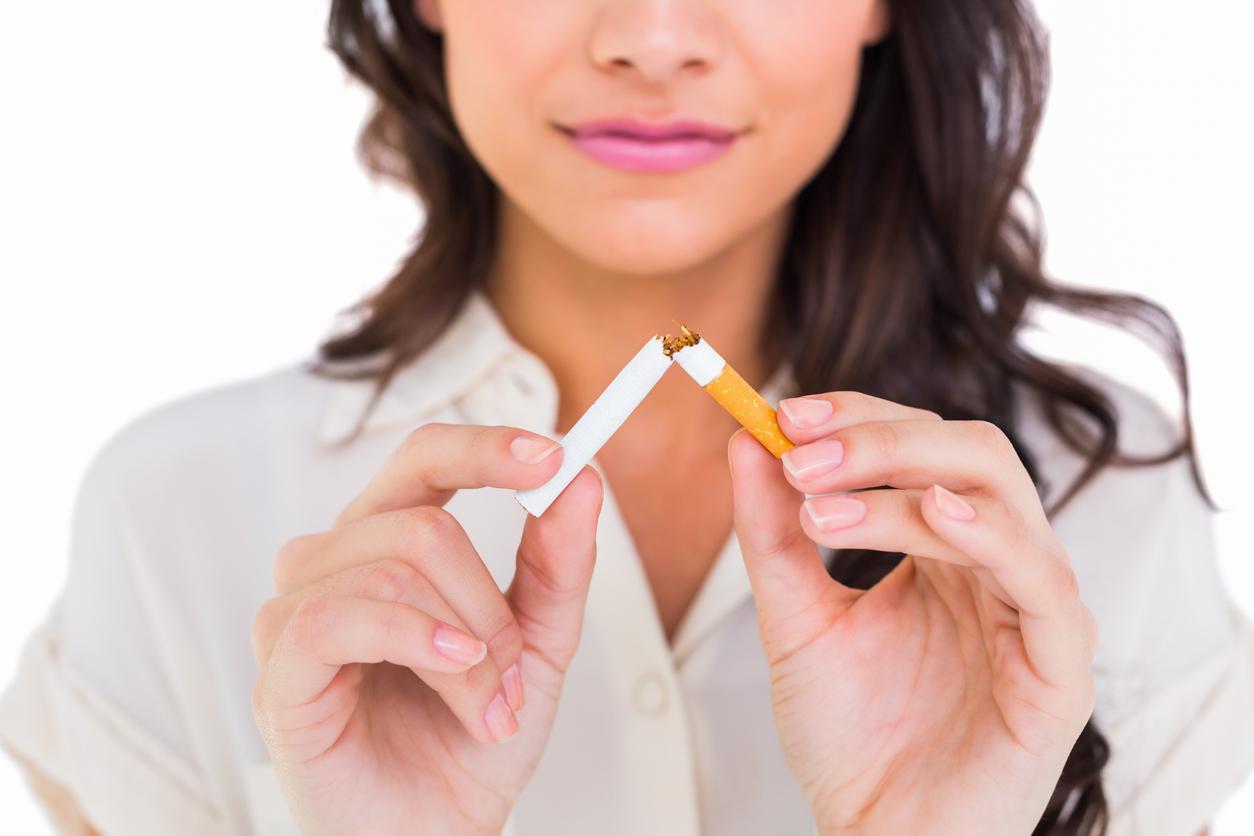A British study claims that quitting smoking in type 2 diabetics is synonymous with loss of blood glucose control.
-1430402465.jpg)
Quitting smoking and temporary deterioration in diabetes control are closely linked, according to a British study carried out by researchers at Coventry University. This phenomenon, which particularly affects people with type 2 diabetes (generally concerning subjects over 40), would be responsible for a loss of glycemic control during the three years following the last cigarette.
Funded by the National Institute of Health Research School for Primary Care Research, this study concerns 10,692 people followed over the long term. Various checks and blood tests have been carried out over the years on people with diabetes, abstinent or not, in order to monitor and study the different changes in sugar in their blood.
A sudden rise in blood glucose
And the results are convincing. One year after quitting smoking, the 3,131 abstainers saw their glycated hemoglobin (also called HbA1c, which corresponds to the concentration of glucose in the blood) suddenly increase by 2.3 mmol (approximately 40 mg per dL of blood). However, thereafter, this dose tends to stabilize and then decrease over time if the patient continues their period of abstinence.
During the same period, diabetics who continued to smoke saw their HbA1c increase more gradually and in stages.
A good way to support patients
According to Dr. Deborah Lycett, in charge of this study, “knowing this state of deterioration can help doctors better understand the period of abstinence”. All the more interesting since stopping smoking is strongly recommended for people with diabetes.
Far from being an incentive to smoke, this experience is a solid basis for helping doctors to support patients as best as possible during this stage.
Recently, another study put into perspective the close links between tobacco and diabetes. American researchers had thus proved that a pregnant woman and former smoker had two to three more probabilities of giving birth to a child at risk.
.















